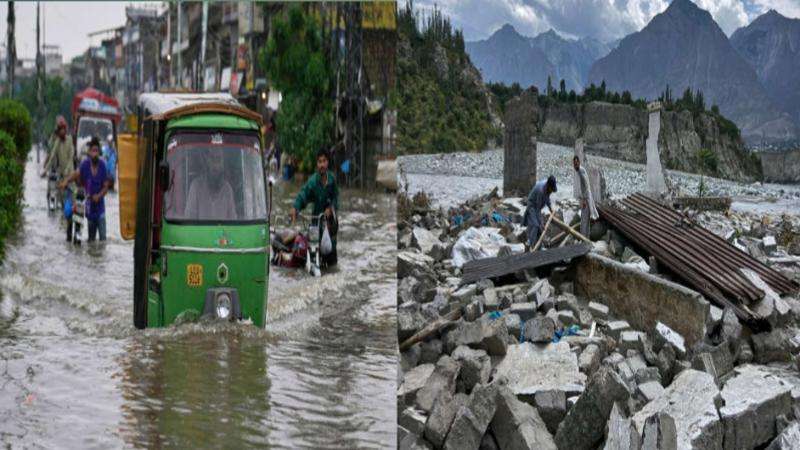A town in Spain's Murcia region has become the center of a national controversy after its council passed a measure widely seen as an explicit ban on Muslim religious festivals in public spaces. The decision in Jumilla, driven by a coalition of the conservative People's Party (PP) and the far-right Vox party, has been met with widespread outrage from Muslim communities, opposition parties, and human rights advocates, who warn that it is an "Islamophobic" and unconstitutional attack on religious freedom.
The controversial motion prohibits the use of municipal facilities, such as sports halls and civic centers, for "religious, cultural or social activities alien to our identity" unless they are officially organized by the local council. While the language is vague, its intent has been made clear by the local Vox party, which celebrated the decision on social media, declaring it "the first measure to ban Islamic festivals in Spain's public spaces." This statement, which also proclaimed that "Spain is and will be forever the land of Christian people," has been condemned as overt religious supremacism.
A Dangerous Precedent for Intolerance
Critics argue that this move sets a dangerous precedent for institutional discrimination and religious exclusion. Mounir Benjelloun Andaloussi Azhari, the president of the Spanish Federation of Islamic Organizations, has called the proposal "Islamophobic and discriminatory," emphasizing that "They're not going after other religions, they're going after ours." He also expressed personal fear for the first time in 30 years, highlighting the palpable sense of alarm within the Muslim community.
The timing of the ban is particularly troubling, coming just weeks after anti-migrant riots in the nearby town of Torre-Pacheco. These riots, which were reportedly fueled by far-right groups and social media disinformation, began after a pensioner claimed to have been attacked by three men of North African origin. The violence escalated into "hunts for migrants," with several people injured and over a dozen arrested. While the alleged attack on the pensioner was used to incite the violence, police later confirmed that video footage circulated online was of an unrelated incident, yet the damage had already been done.
Violation of Constitutional Rights and Historical Erasure
Legal experts and opposition leaders have been quick to point out that the ban likely violates Article 16 of the Spanish Constitution, which guarantees "freedom of ideology, religion and worship of individuals and communities." The Socialist leader in Murcia, Francisco Lucas, has accused the People's Party of risking social cohesion for political gain.
Furthermore, the motion's reference to "activities alien to our identity" completely ignores Spain's rich and complex history. As a former Socialist mayor of Jumilla, Juana Guardiola, noted, the country has centuries of Muslim heritage, with the town of Jumilla itself having been under Arab rule for an extensive period. To label Islamic traditions as "alien" is not only discriminatory but also a blatant attempt to erase a significant part of Spain's own cultural identity.
The decision in Jumilla is part of a broader European trend where far-right parties are using anti-immigrant and anti-Muslim rhetoric to gain political traction. While the Christian religious calendar and its festivals are celebrated with official support across Spain, this ban explicitly targets and marginalizes the Muslim community. Muslim organizations are preparing legal challenges to the ruling, and civil society advocates are calling for national government intervention to protect the rights of all citizens to practice their faith without fear or exclusion.
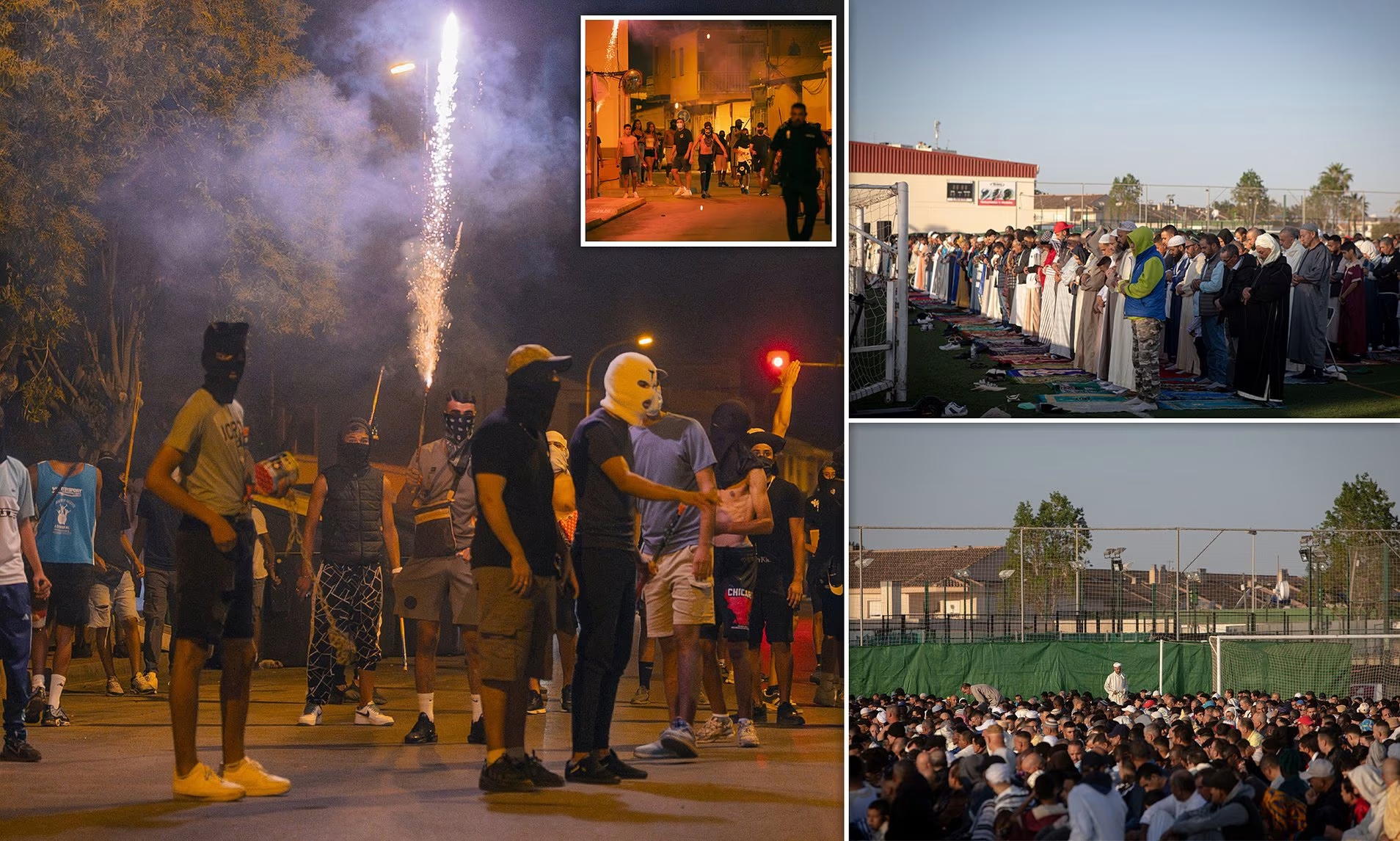

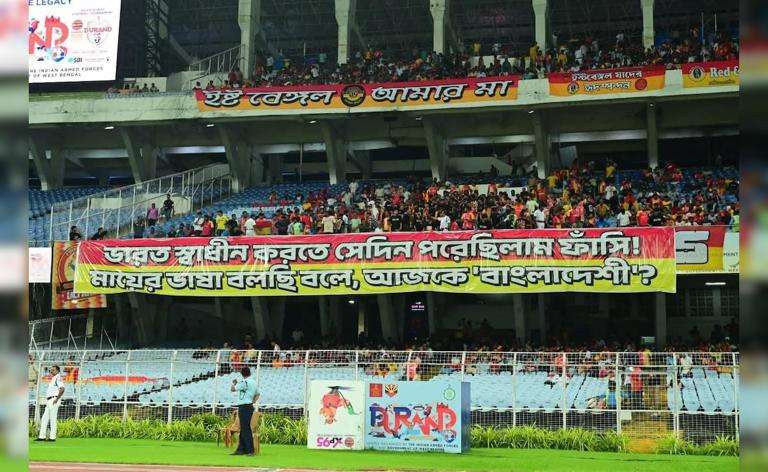
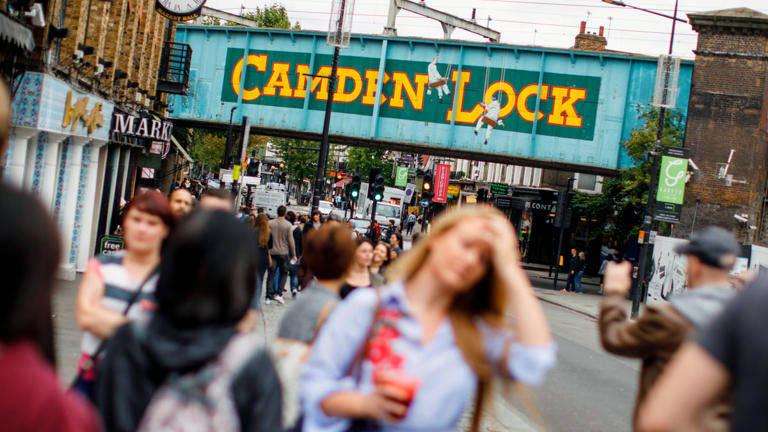
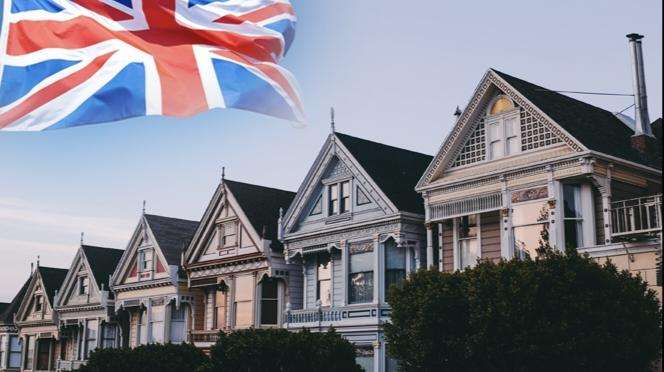


.svg)


